In this week’s supplement, various health experts discuss London’s public health at the conclusion of Lord Darzi’s Better Health for London review – the most comprehensive ever carried out.
Lord Ara Darzi says how he was “shocked” by the findings. He told HSJ: “Every day, the equivalent of two classrooms of kids take up smoking. If we don’t do something about this, we will be treating a population that is very sick, with worse outcomes and a much higher management cost.”
His report outlines several steps necessary to achieve a healthier, slimmer, fitter city.
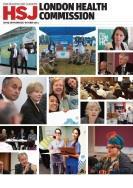
Engagement - the lifeblood of any change programme - must be spectacular to be effective on the scale of this commission, according to Lord Adebowale, chair of the commission’s engagement group. He discusses what this engagement looks like, including the report recommendation to create the Citizen Health Panel.
Peter Ellingworth, chair of the Better Sciences, Discovery and Innovation working group, explains why new digital and medical technologies are essential to sustain high quality healthcare. He believes the capital has the potential to become a hub for clinical trials and new technologies.
The physical and mental health of Londoners is set to decline based on current levels of obesity, smoking and inactivity, and so the commission’s better health workstream focused its attention on how to change these unhealthy behaviours.
The expert group, led by Professor Yvonne Doyle, agreed that improving behaviour should not turn into a finger wagging exercise, or should require more money. Instead, the commission recommends initiatives, organisations, networks, communities and individuals should promote health in stadiums and local communities because clubs have a captive audience during matches and a fan base they can reach out to in a way the NHS cannot.
A main focus of the commission has been unlocking the potential for more personalised care in London. Dr Andy Mitchell, medical director of NHS England London region and chair of the Care System expert group, explains: “We’ve discussed ways of ensuring there is a more shared approach between clinicians and patients when it comes to types of care and the management of conditions or care.”
Andrew Ridley, chair of the group tasked with looking at making the commission’s proposals a reality, discusses the importance of “enablers”. He says: “‘Enablers’ sounds quite pedestrian and are often the most overlooked aspect of any change programme. But, paradoxically, they are the most important. Because the commission has made enablers a separate workstream, they have had the attention they really deserve.”






























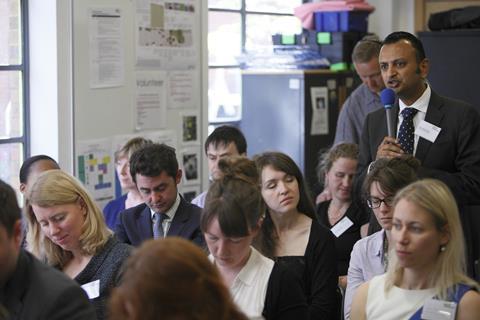
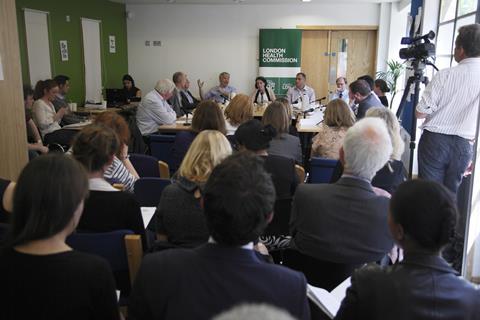
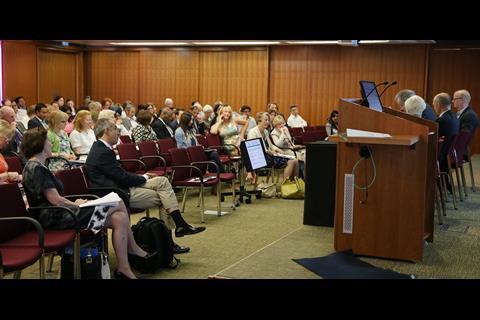
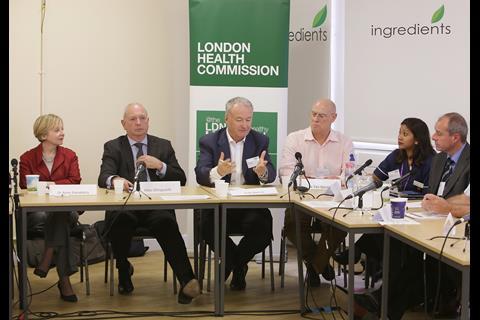
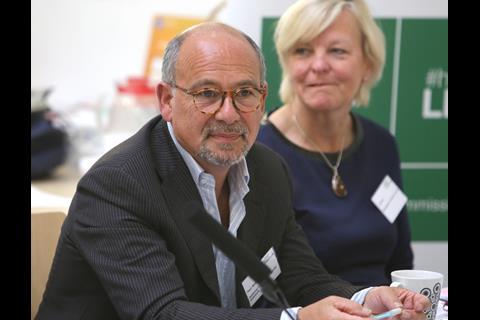
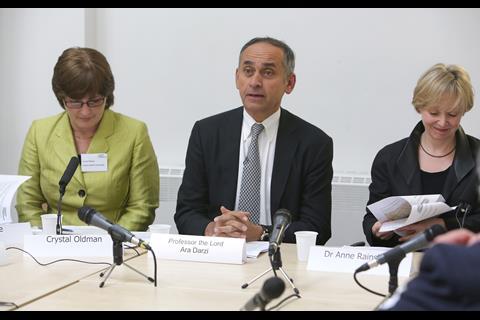
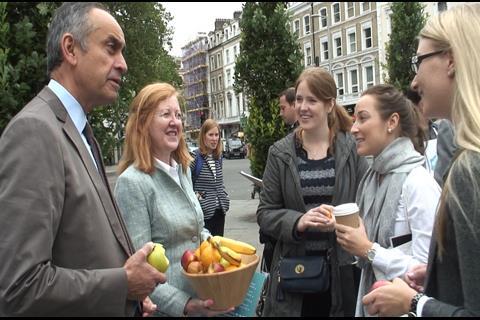

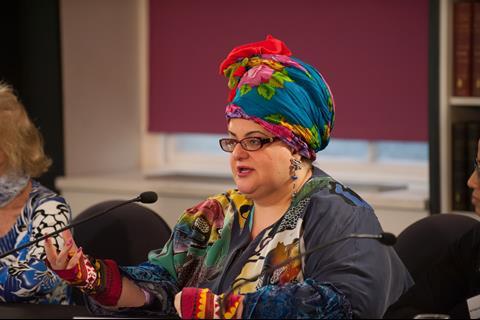







No comments yet